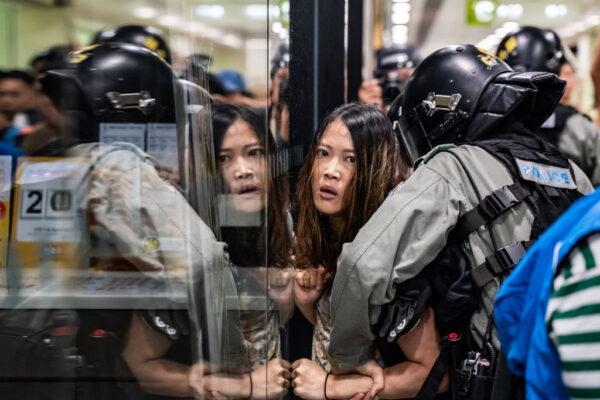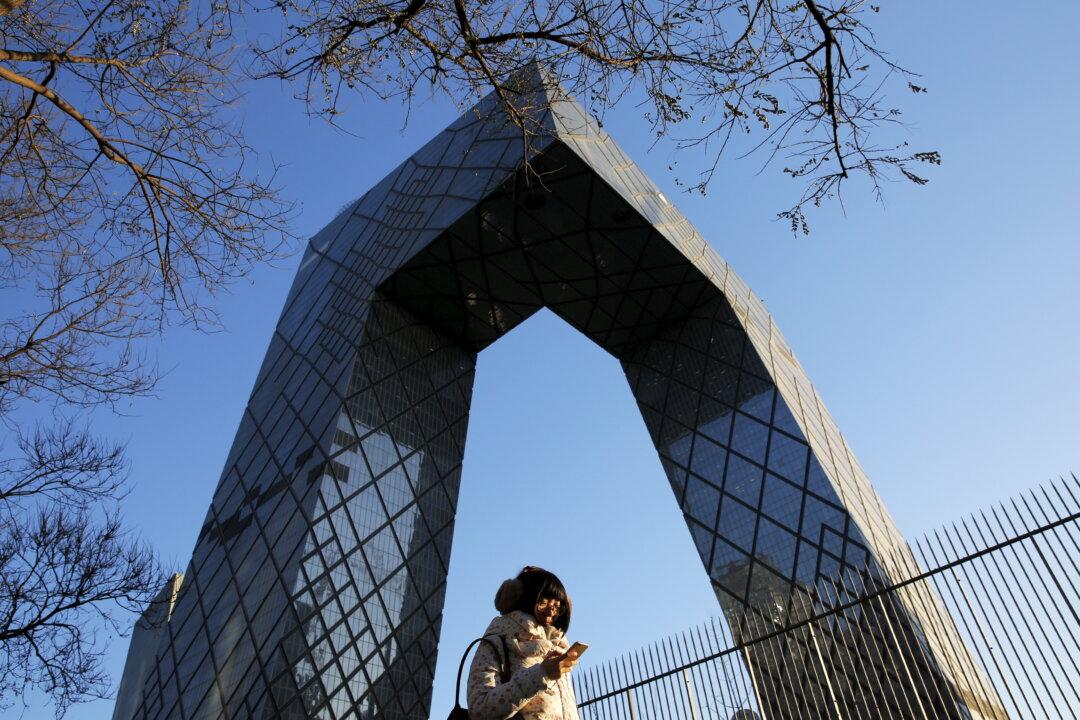British officials on Feb. 4 revoked the license of Chinese television outlet CGTN to broadcast in the UK.
CGTN, or China Global Television Network, is an international English-language satellite news channel owned by the Chinese regime and directly controlled by the Chinese Communist Party (CCP).
This is a violation of UK broadcasting laws, which stipulate that broadcast licensees must have control over the licensed service, including editorial oversight over the programs they show.
After Ofcom began investigating in February 2020, China Global Television Network Corp. (CGTNC), a Chinese state-owned organization that exercises general control over the CGTN service, applied to transfer the license from SCML to itself.
But Ofcom rejected the application as it considers that CGTNC is “controlled by a body which is ultimately controlled by the Chinese Communist Party” and UK broadcasting laws state that licence holders cannot be controlled by political bodies.
“Correspondence from CGTN submitted during the course of our investigation makes clear that CGTNC is controlled by CCTV [China Central Television], which is also the sole shareholder of CGTNC,” Ofcom stated.
“Given CGTNC is controlled by CCTV—which, as part of the China Media Group, is controlled by the Chinese Communist Party and therefore disqualified from holding a broadcast license under UK broadcasting laws—we consider that CGTNC would be disqualified from holding a license.”
The regulator said it had given CGTN “significant time to come into compliance with the statutory rules,” but “those efforts have now been exhausted.”
“Following careful consideration, taking account of all the facts and the broadcaster’s and audience’s rights to freedom of expression, we have decided it is appropriate to revoke the license for CGTN to broadcast in the UK,” it stated.
CGTN has been the subject of a series of Ofcom investigations and is facing further sanctions for violations of broadcasting rules.

“Due to the seriousness of these breaches, we told CGTN that we would consider imposing sanctions,” the regulator stated. “Today’s decision does not affect these sanctions proceedings against CGTN, and we expect to reach our decisions shortly.”
Ofcom stated it has three other ongoing fairness and privacy investigations into CGTN broadcasts.





